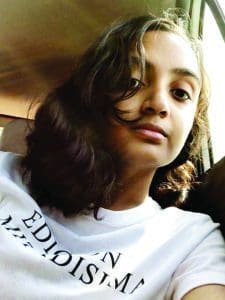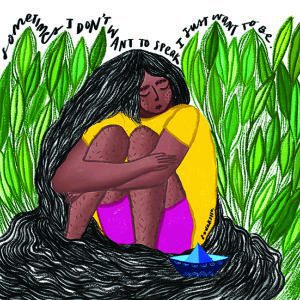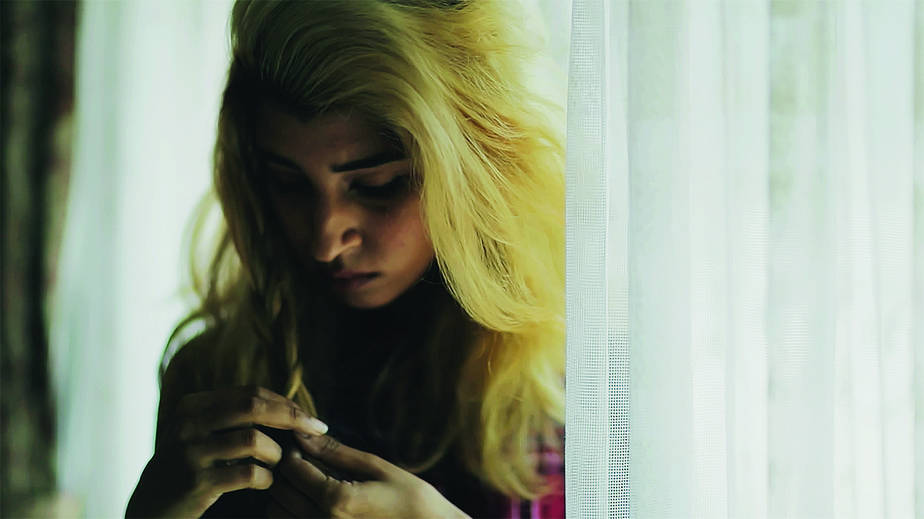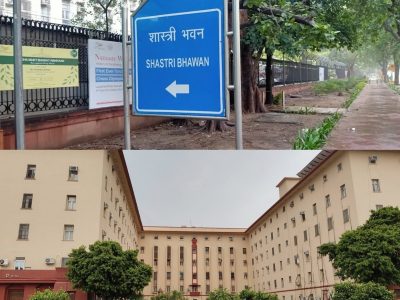Social media is providing a safe space for people to come out and vocalise their struggles with mental health, creating awareness in the process
“Cutting myself became a habit. I managed to get a blade from a razor or sharpener and just cut myself. I did not feel any pain. Watching the blood oozing out gave me a sense of relief,” says Isha, a suicide survivor who has attempted to take her life multiple times starting from class 10.

She narrates her story in a documentary web series, ‘Survivors of Suicide’ (SOS) on Facebook. Directed by Richa Bajaj, the series captures the first-person accounts of people who have attempted suicide and have battled the stigma to talk about it openly. The attempt is to provide insight into the unexplored world of mental illness.
A WHO report estimates that 150 million persons in India are in need of mental health interventions and care (both short-term and long-term).
However only 0.3 psychiatrists and 0.07 psychologists are available per 1,00,000 people. The National Mental Health Survey, 2016, states that around 85% of people with common mental disorders such as depression or anxiety disorder and 73.6% of people with severe mental disorders such as psychosis or bipolar disorder do not receive any mental healthcare and treatment.
To address this gap, a lot of people are taking to social media to raise awareness and creating an active space to talk about mental health. “There is a lack of understanding among the masses. People attach very little importance to this issue and try to brush it off,” says Richa.
Drawing people’s attention on the gravity of the issue, SOS provides a forum for anyone who wishes to share their struggles with depression. Several such stories have been posted anonymously on its Facebook page. Recently they had curated a campaign – ‘Bear Hug’ in Mumbai, that encouraged anyone that had struggled with anxiety or mental disorder to come up, hug a giant teddy bear in specific places and share their story.

“Many people reach out asking for help as well. They do not know how or where to get help unlike any other common disease,” says Richa. For this they have broadened their network and have got together with some volunteers and psychologists that are willing to provide help for free. During the course of the project, Richa has learnt that most of those who are reaching out are women. “Men are still very quiet. They have to face the double stigma of mental illness and failing masculinity.”
Working towards removing the stigma associated with mental health, is another account on Instagram – ‘The Purple Pen Project’. Madhumithaa Venkatesalu, a 12th standard student started the account in July along with two other friends who study in college. The Purple Pen Project got its name from one of the founders who uses a purple pen to draw and make herself feel better whenever she is upset.
The idea of the project was triggered when Madhumithaa went for a medical internship in a therapeutic clinic. She learned from a psychologist there that patients between the age of 18 and 25 were mostly unwilling to tell their families that they were taking therapy. She got together with her friends and started the project to raise awareness and create a conversation about mental health.
“Even at school, lots of people make jokes about mental health, thus trivialising the issue. They treat it as a very insignificant matter. This creates a very toxic environment,” she says.
The main idea behind the project is to work towards removal of stigma and promote self-love. Short poems and illustrations pertaining to anxiety, body shaming, self-appreciation, wellness, individuality, are sent in by followers, which are posted on the page. “We ask our followers to submit poems or art, anything that will create awareness and contribute to this discussion.”
Raising awareness about proper treatment, one of the followers wrote about her journey after she was diagnosed with bipolar disorder Type 1. “In India, it’s very rare to actually get a diagnosis for mental health. She talks about how her life has improved because of her medication,” Madhumithaa adds.
Another post named ‘The Dichotomy of Victimhood’ sent by a rape victim talks about survivors of sexual assault and addresses the issue of victim blaming.
With more than 1,000 followers within just two months, they do not just concentrate on submissions. Catering mainly to a younger teenaged audience, they sometimes just put up questions asking the viewers to tell them how they feel through the stories section. “We get quite a number of responses to these questions. It’s helpful talking to someone your age who is probably going through the same.”
Another highlight of the page is the section — trigger warnings, a disclaimer that alerts the viewers of potentially distressing content. “It is important to give warnings when you put out provocative, unsettling information and posts about certain sensitive topics that might trigger someone with the same mental disorder. For example, if someone has a history of self-harm and if they were to read something about the same it might cause them to repeat their behaviour”.

According to Madhumithaa, it is crucial for families to address mental health as a genuine problem. She believes that they should be informed about the realities and harshness about these illnesses so that people are not ashamed in letting others know if they are getting help.
Another account that is creating quite a buzz is the Instagram account of a 23-year-old girl, Sonaksha Iyengar. Her bright-coloured illustrations are a reflection of her struggles with mental health that draws a lot of thankful comments from her followers. From illustrations that addresses solitude, healing, safe space, self-care to creating her self-image, her account has garnered over 8,500 followers. Her illustrations are very detailed and come with simple explanatory texts. In one of her posts, a brown-skinned girl is hugging her knees, her long black hair providing a closed space for her. The illustration is completed with a small text on it that states “Sometimes I don’t want to speak. I just want to be.”
Several other accounts like, ‘It’s Ok to Talk’ and blogs like FeelJoy.in are contributing towards the same cause by creating a community where people feel safe to share their stories.
As per the findings from The Lancet Public Health report, four out of 10 women across the world who commit suicide are from India. The paper further warns of an impending public health crisis among young Indians, for whom suicide ranks first as the cause of death. In these circumstances, people are fighting these challenges through social media, one post at a time.





